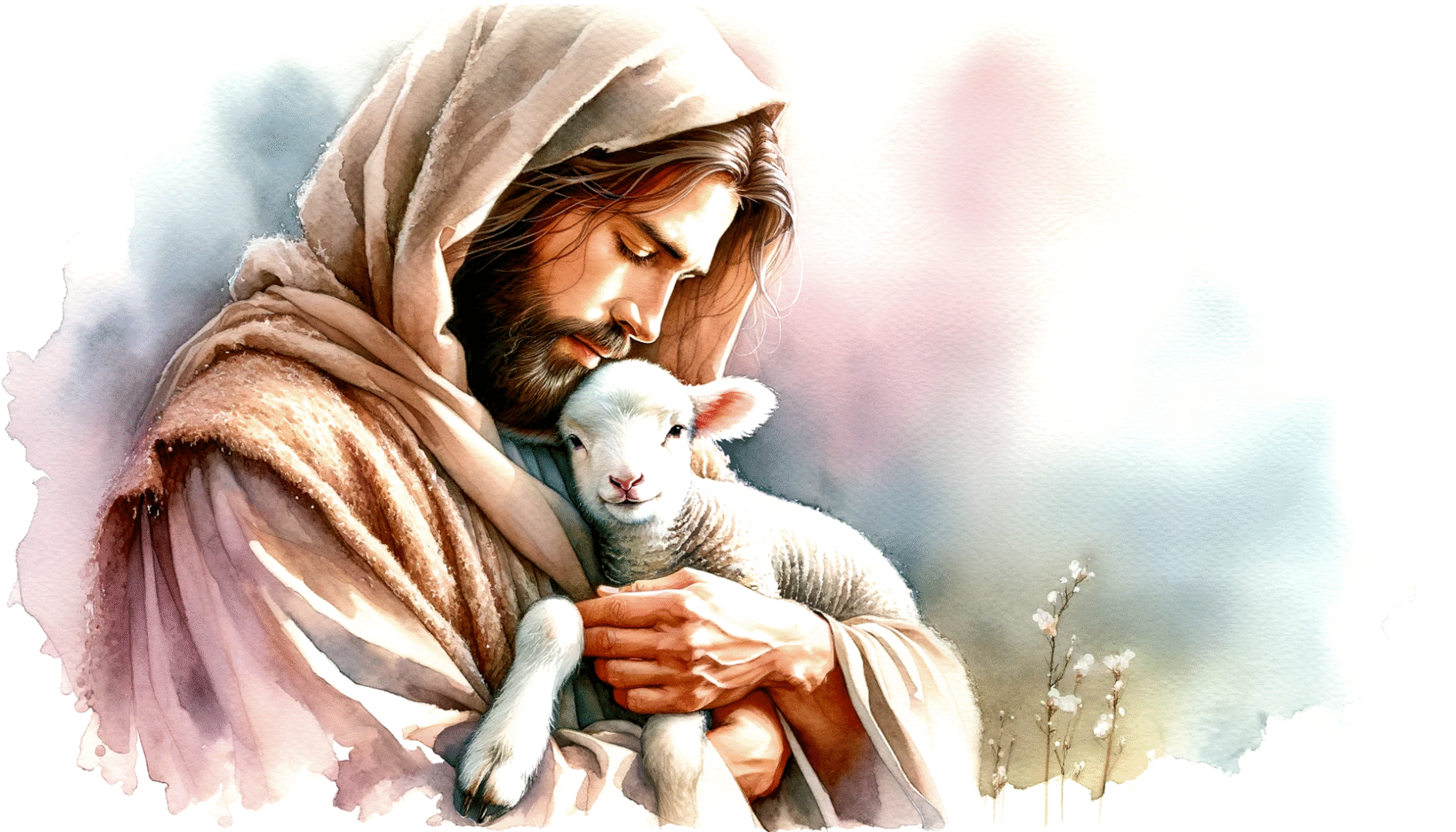
By Tom Schmidt
The second reading from Revelations gives us a picture of the new Jerusalem as a sign of the power and majesty of God. Yet the other two readings seem to describe a humble God who wishes “not to place on you any burden beyond . . . necessity” (Acts 15:28), and Jesus in the Gospel tells his disciples that “the Holy Spirit that the Father will send in my name . . . will teach you everything and remind you of all that I told you” (John 14:26). This gentleness reminds me of an icon by the Russian monk Andrei Rublev that depicts the Trinity as three angels bowing in deference to each other. This humility may be what moved Jesus to say that “the Father is greater than I” (John 14:28). It is certainly a unique way of understanding God.
I used to think of free will as God’s way of testing our worthiness for the kingdom of heaven. But it is more likely part of that same humility, God not being forced on us. While we are given ways to know God, especially through the scriptures and the witness of those who went before us in faith, God leaves us free to believe or not, to love God or not.
So does this mean God leaves us on our own to get through life? No, he gives us the Holy Spirit to teach and remind us of all that Jesus said. That “reminding” is an important way the Spirit helps us today. You may have spent years in religion classes or the RCIA process. When you need an answer to life’s questions, the Spirit may remind you of something you heard from a teacher or read in the scriptures. As you pray over that question, the Spirit may help you understand how the scripture applies to you. So the more you read the Bible, the more likely that the Spirit will have something of which to remind you.
Un Dios humilde
Tom Schmidt
La segunda lectura del Apocalipsis nos da una imagen de la nueva Jerusalén como signo del poder y la majestad de Dios. Sin embargo, las otras dos lecturas parecen describir a un Dios humilde que no quiere imponerles más cargas que las estrictamente necesarias ” (Hechos 15,28), y Jesús en el gelio dice a sus discípulos que el Espíritu Santo que mi Padre les enviará en mi nombre, les enseñará todas las cosas y les recordará todo cuanto yo les he dicho ” (Juan 14,26). Esta gentileza me hace acordar de un icono del monje ruso Andrei Rublev que representa a la Trinidad como tres ángeles inclinándose en deferencia el uno al otro. Esta humildad puede ser lo que llevó a Jesús a decir que el Padre es más que yo ” (Juan 14,28). Sin duda, es una forma única de entender a Dios.
Antes pensaba en el libre albedrío como la forma que Dios prueba nuestro mérito para el reino de los cielos. Pero es más probable que sea parte de esa misma humildad, que Dios no se nos imponga. Aunque se nos dan maneras de conocer a Dios, especialmente a través de las Escrituras y el testimonio de quienes nos precedieron en la fe, Dios nos deja libres para creer o no, para amar a Dios o no.
¿Significa esto que Dios nos deja solos para que atravesemos la vida? No. Nos da el Espíritu Santo para enseñarnos y recordarnos todo lo que Jesús dijo. Ese recordatorio ” es una forma importante en que el Espíritu nos ayuda hoy. Es posible que hayas pasado años en clases de religión o en el proceso de RICA. Cuando necesites una respuesta a las preguntas de la vida, el Espíritu puede recordarte algo que hayas escuchado de un maestro o leído en las Escrituras. Al orar sobre esa pregunta, el Espíritu puede ayudarte a entender cómo se aplica esa escritura a tu caso. Así que, mientras más leas la Biblia, más probable será que el Espíritu tenga algo que recordarte.